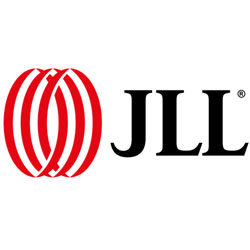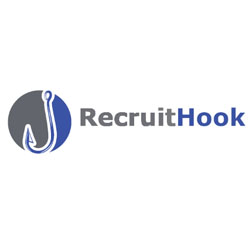Feeling confused about how to create and enforce policies against marijuana use among employees? “Welcome to the club,” says Christopher Santomassimo, a partner at Santomassimo Davis LLP Outside General Counsel™ Solutions, a New Jersey-based firm with offices in New Jersey, Philadelphia and New York. “A lot of employers have been so preoccupied with managing COVID-19 over the past year that they haven’t been able to focus on marijuana in the workplace, which has become much more cumbersome to manage with all of the changes,” he says.
What’s changed, exactly? A decade ago, a workplace drug test that showed up positive for marijuana usage was often a terminable offense. Today, employers face a maze of federal, state, and local laws regarding cannabis that is “baffling, to say the least,” Santomassimo says. While marijuana remains illegal at the federal level, some 16 states and the District of Columbia have already legalized marijuana for recreational use, while 34 states allow for medical marijuana.
So, what does this mean for employers? “With all of the changes in legislation and attitudes towards marijuana, it’s absolutely time for employers to look at the issue with a different lens,” Santomassimo says. “You may need to think about managing your workplace in a more flexible way.”
Top 4 Things Employers Should Consider When Re-Visiting Marijuana Policies In The Workplace.
To Test or Not To Test?
While pre-employment drug testing has been the norm in many industries for years, it’s becoming trickier to use results against employees in some states. For example, in New Jersey, a new statute, the New Jersey Cannabis Regulatory, Enforcement Assistance and Marketplace Modernization Act (NJCREAMMA), makes it illegal for employers to refuse to hire or employ someone who uses cannabis unless the employer can cite an exemption such failure to do so would place the employer in violation of a federal contract or cause it to lose federal funding, or the work involves safety-sensitive operations.
Even in states without such statutes, employers might want to be wary of testing for marijuana use. Santomassimo says one of his firm’s clients, a manufacturing company, was seeing many candidates who were otherwise qualified for jobs fail the company-mandated drug test because they tested positive for off-hours marijuana usage. “Companies that are struggling to fill vacant positions may consider relaxing their standards,” he says.
Train Managers To Recognize Signs Of On-The-Job Usage
While employers may decide to look the other way if employees use cannabis on their own time, “it’s absolutely within their right to maintain a drug-free workplace,” in order to create a safe, productive work environment, Santomassimo says. And employers can still terminate an employee who is using on the job.
So, it’s important for companies to have written policies in place for how they’re going to deal with workers who appear to be under the influence. On-the-job testing is still permitted in many states if an employer has reasonable suspicion that someone is using it at work.
In New Jersey, the recently formed Cannabis Regulatory Commission is in the midst of setting standards for identifying impairment, which may include calling in a third party to assess whether a person is under the influence.
In the meantime, Santomassimo says, creating policies for handling such situations is crucial. “If you’ve got a standard on the books that you carry out consistently, you’re less likely to be at risk for a discrimination claim,” he says.
Include Policies For Those Who Use Medical Marijuana
While medical marijuana use is legal in many states, employers should encourage employees to self-report their use; employers can then work with the employee to make sure they are able to comply with workplace guidelines. For example, an employer might have a policy regarding the amount of time before a shift an employee must cease using cannabis or forbid on-call employees from using during the on-call period. “Setting clear policies will ensure you’re minimizing exposure,” Santomassimo says.
Stay In The Know
Challenged by all of the changing regulations? Expect more in the near future, Santomassimo warns. “In New Jersey, we’re very much at the beginning stages of [legalization of marijuana],” he says. “We’re awaiting many more regulations from Trenton.”
In the meantime, he says, employers can stay ahead of problems by working with their legal advisors to reevaluate their policies. Santomassimo-Davis is working with many of its clients to create new drug enforcement policies to meet the company’s goals while adhering to new regulations. “It comes down to a very delicate balancing act,” Santomassimo says.
How OGC Solutions Can Help Your Business Manage Cannabis Policies Within The Workplace
Santomassimo Davis LLP has a team of legal experts that can help companies navigate HR issues, including policies to enforce a drug-free workplace. Check out these 3 key reasons for hiring Outside General Counsel. Schedule an appointment today!









Comments are closed